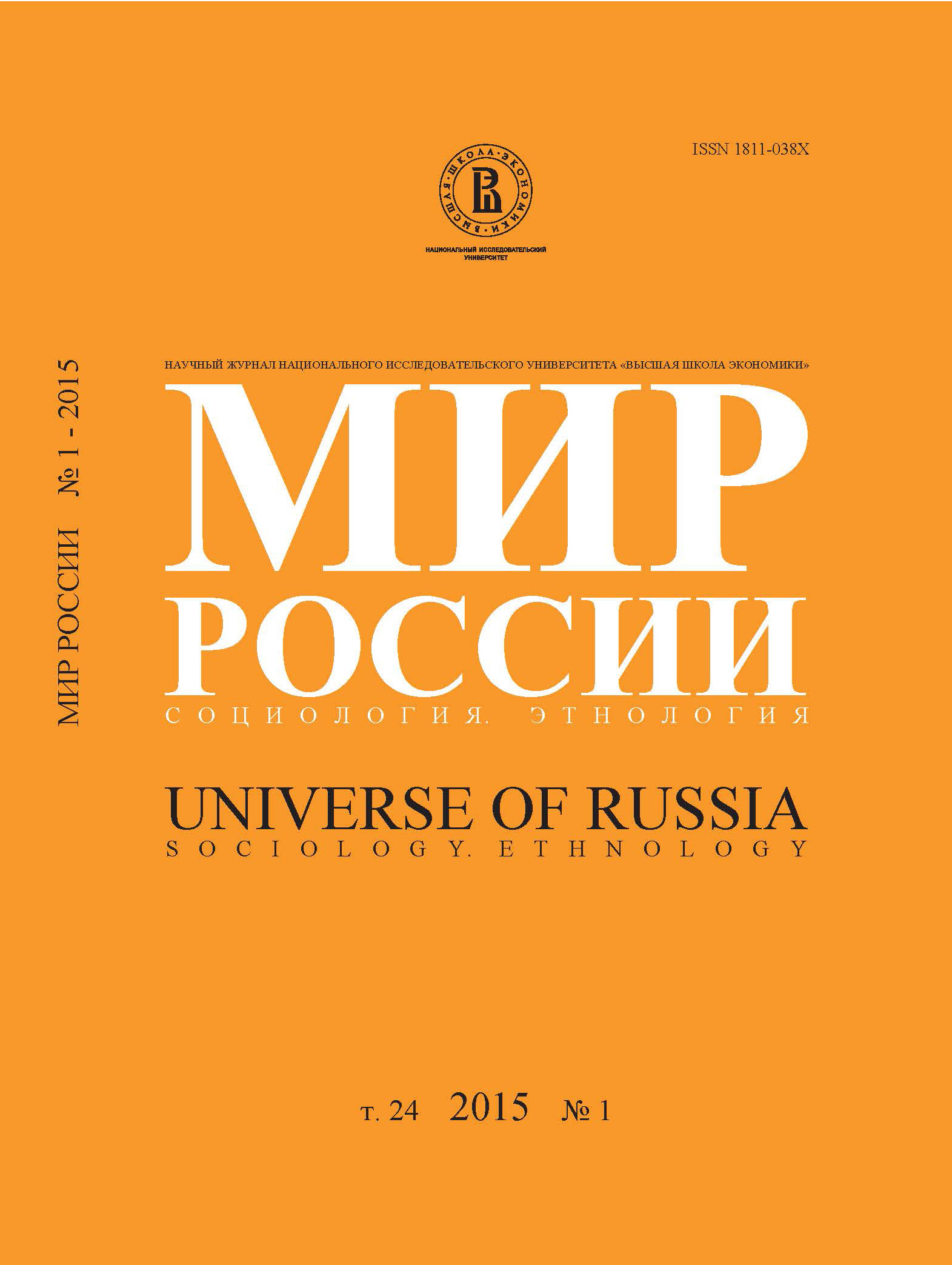The Copybook Maxims of the Labour Sphere
Abstract
Sergey Smirnov — Director, Institute of Social Policy and Socio-Economic Programmes, Higher School of Economics. Address: 20 Myasnitskaya St., Moscow, 101000, Russian Federation. E-mail: socpol@hse. ru
The opinions of foreign experts regarding labour relations in modern Russia largely agree with opinions expressed by Russian experts. The article by Désert is an exemplary case of that. And although the author is far from being a Russian labour market ‘insider’, his study using interviews conducted in 2012-2014 with various stakeholders leads him to the conclusion that Russia’s Labour Code ‘does not reflect the reality of work arrangements’.
This is also supported with Russian statistics. In October 2014 Russian authorities published data according to which 22.5 million people evade paying mandatory insurance fees to the Pension Fund of the Russian Federation. However, according to the Employment Survey (by the Federal Statistics Service) these people also confirmed that they engage in various types of economic activity and receive income. Most of these economic activities are legal (such as, transport services, retail trade, renovation), and the share of these people accounts for almost one-third of the total Russian workforce.
The Russian government is trying to improve this situation and relies on relatively liberal methods of stimulating such workers to move into the formal sector of the economy. The most frequent argument that appears with regard to this case is ‘if you do not pay taxes, no one would be responsible for your well-being when you come to your retirement age’. However, in 2014 the average monthly pension in Russia was about 11 000 rubles, a figure which is too low to force people into formal labour relations. There is little disagreement with the statement that the existing Labour Code does not meet the realities of the current Russia’s economy, since some workers are quite willing to maximize their income by agreeing to work unofficially, i. e. extra hours, on holidays, etc. The easiest solution to making informal relations formal is allowing employers and employees to engage in relations which are convenient to them. The need to adjust those relations on the behalf of the state could only be justified if it harms the budget.






